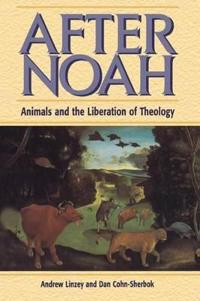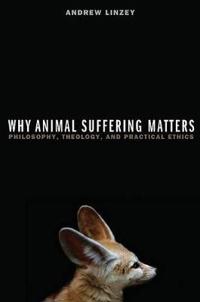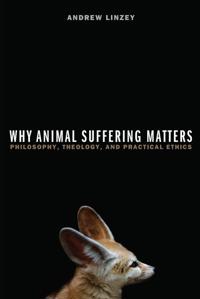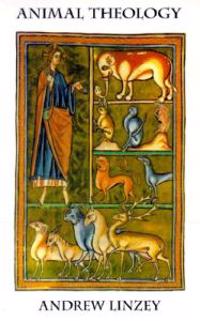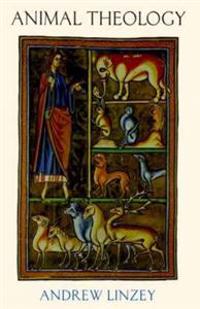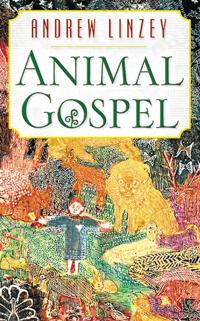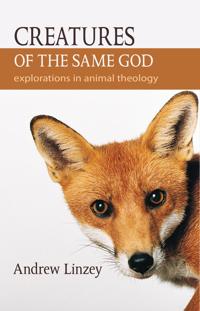After Noah (Häftad)
avAndrew Linzey, Dan Cohn-Sherbok, Andrew Linzet
ISBN: 9780264674506 - UTGIVEN: 199712A comprehensive study of Jewish and Christian teaching about animals, this text argues that the treatment of animals is not only a moral issue, but also a theological and spiritual one. The authors show how Jews and Christians have often failed to promote a compassionate and sensitive regard for ani[...]
Why Animal Suffering Matters (Inbunden)
avAndrew Linzey
ISBN: 9780195379778 - UTGIVEN: 200909How we treat animals arouses strong emotions. Many people are repulsed by photographs of cruelty to animals and respond passionately to how we make animals suffer for food, commerce, and sport. But is this, as some argue, a purely emotional issue? Are there really no rational grounds for opposing ou[...]
Why Animal Suffering Matters (Pocket)
avAndrew Linzey
ISBN: 9780199351848 - UTGIVEN: 2013-12How we treat animals arouses strong emotions. Many people are repulsed by photographs of cruelty to animals and respond passionately to how we make animals suffer for food, commerce, and sport. But is this, as some argue, a purely emotional issue? Are there really no rational grounds for opposing ou[...]
Animal Theology (Häftad)
avAndrew Linzey
ISBN: 9780334000051 - UTGIVEN: 199406This book is a major contribution to theological discussion about the place of animals in the world and the way in which Christian theology can contribute to a morally just treatment of them by human beings.[...]
Animal Gospel (Häftad)
avAndrew Linzey
ISBN: 9780664221935 - UTGIVEN: 200503Our treatment of animals is a gospel issue, Andrew Linzey contends, because those individuals and institutions that could have become the voice of God's most vulnerable creatures have instead justified cruelty and oppression. He offers an inspiring personal account of the gospel truths that have sus[...]
The Link Between Animal Abuse and Human Violence (Inbunden)
avAndrew (EDT) Linzey
ISBN: 9781845193249 - UTGIVEN: 2009-09Many philosophers, including Aquinas, Locke, Schopenhauer and Kant, have assumed that there is a link between cruelty to animals and violence to people. During the last 40 years, evidence for this view has steadily accumulated as a result of statistical, psychological, and medical investigations, an[...]
The Link Between Animal Abuse and Human Violence (Pocket)
avAndrew (EDT) Linzey
ISBN: 9781845193256 - UTGIVEN: 2009-12Many philosophers, including Aquinas, Locke, Schopenhauer and Kant, have assumed that there is a link between cruelty to animals and violence to people. During the last 40 years, evidence for this view has steadily accumulated as a result of statistical, psychological, and medical investigations, an[...]

